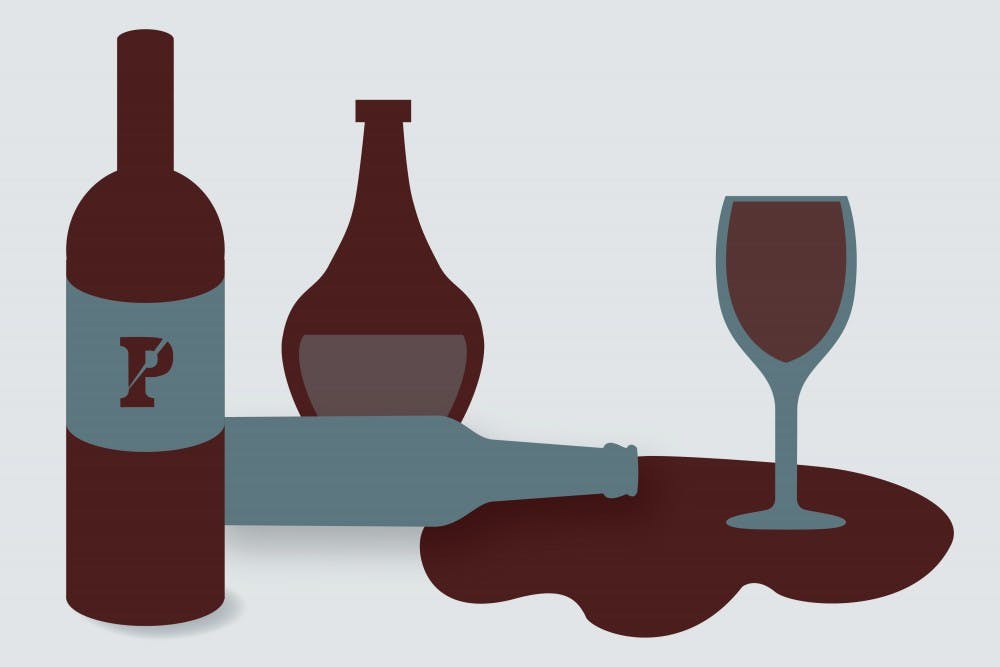Stanford University has just introduced a host of new regulations on student drinking, including a ban on hard alcohol at undergraduate parties.
According to the Stanford Daily, other rules designed to temper drinking require that bottles of hard alcohol possessed in other campus spaces be smaller than 750 milliliters and that graduate parties only serve hard alcohol in mixed drinks.
The change comes after a high-profile sexual assault at Stanford — the Brock Turner case culminated just a few months before the new rules were announced. The new limits will go into effect this fall and follow similar policies created by schools like Brown, Dartmouth and University of Virginia.
The policies were crafted by Stanford administration to limit the undergraduate consumption of hard alcohol, which is defined as a beverage with at least 20 percent alcohol by volume (or more than 40 proof). When the changes were broached last year at a campus referendum, 91.46 percent of participants chose to vote against the proposal.
The university has asserted that the new rules are not a blanket ban, but a tactic to limit “high-risk behavior." The goal of the policy is to prevent alienation of non-drinking students and binge drinking.
Banning hard alcohol on campuses is a controversial method to prevent the hazards associated with partying. Approximately 1,720 people signed a petition to oppose the change at Stanford, and critics argue that it is not an appropriate response to combat sexual assault.
Michele Landis Dauber, a Stanford law professor, believes the policy has good intentions but may only make the situation more dangerous. She told USA Today that it could encourage "aggressive pre-gaming" and drive binge drinking into dorm rooms and underground.
However, the administration said on its Frequently Asked Questions page that the approach has “the backing of empirical studies” and that administrators consulted with students and experts before drafting the plan.



